Unleashing women’s economic power
Strengthening an ecosystem of partners for resilient, gender equal economies

In 2024 we are setting out an ambitious agenda.
The economies of today are failing women. Women are paid less than men in the same jobs; they do most of the unpaid household and care work and often have difficulty accessing finance and other wealth-creating resources.
It’s time to set things right. This means governments, development and finance actors, and public institutions committing to transformation on a massive scale. It will require everyone making different choices. It means putting gender equality at the centre of economies by introducing fairer tax systems, ensuring more women in leadership, addressing unpaid care work, expanding employment opportunities, and dismantling the laws and policies that are holding women back.
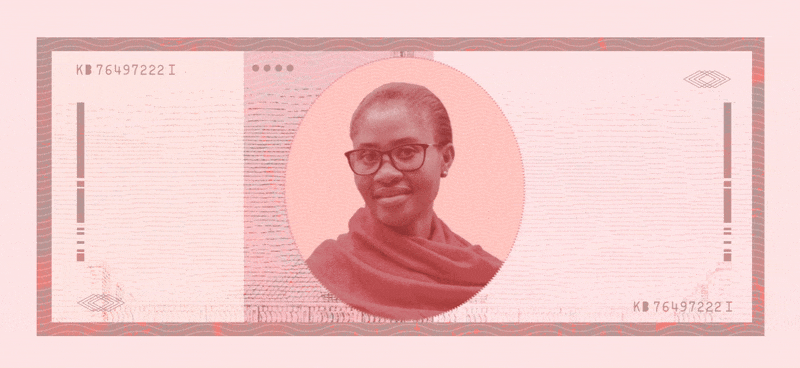
Seal of quality
We know that economic reform can only happen when institutions and policymakers are ready for gender equality, which is why UNDP’s Gender Equality Seal for Public Institutions, a voluntary recognition programme running in more than 30 countries, is helping public institutions go the extra mile to create equal opportunities for all.
With the Sustainable Development Goals as our North Star, we’re building an ecosystem of partners across sectors to bring about the change we need. From local governments, tax authorities, and national banks, to grassroots women’s groups and entrepreneurship programmes, UNDP and partners are working to unleash women’s resilience and economic power.
As we celebrate International Women’s Day under the theme 'Invest in women: Accelerate progress’, meet some of our partners and find out how together we are building a world where all women and their communities can thrive.
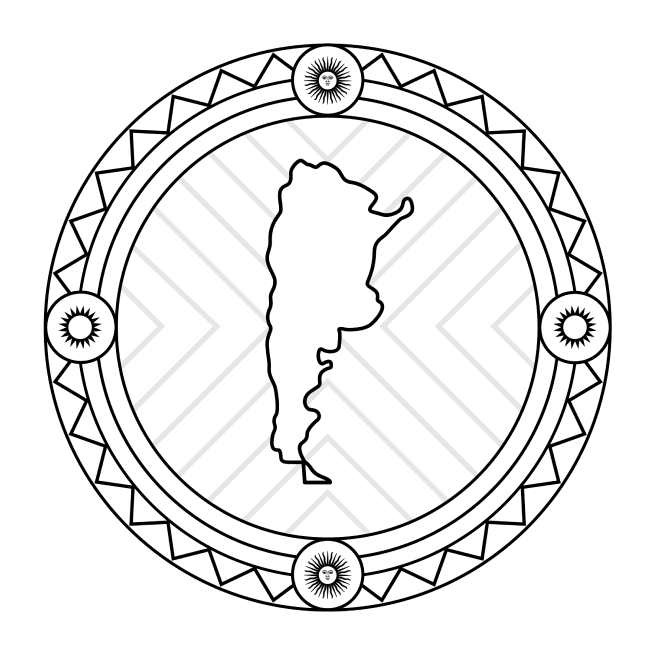
ARGENTINA
Closing gender gaps in finance
Women entrepreneurs are central to flourishing economies, yet women continue to face challenges accessing bank accounts and credit.
Globally, some 1.4 billion adults remain unbanked, predominantly women living in rural areas with limited education and resources.
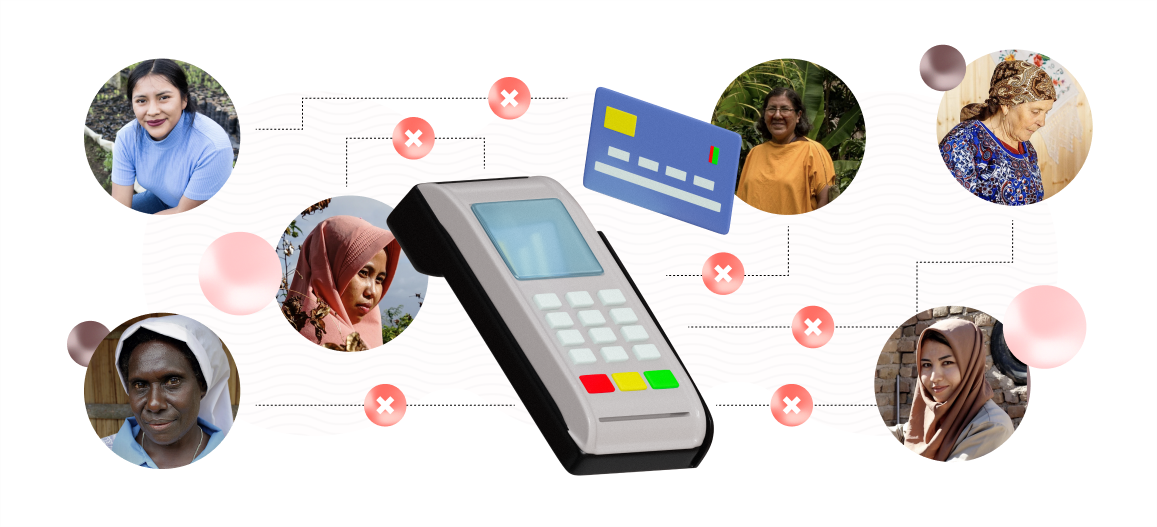
In November 2023, the National Bank of Argentina (BNA) became the first bank in the world to receive the Gender Equality Seal for Public Institutions, for its impressive results and commitment to reduce gender gaps in financial inclusion. To date, over 3,000 women-led companies have benefitted from several subsidized lines of credit established by the BNA, while the bank’s ‘Registered Program’ has developed a wide range of financial products dedicated to helping women access finance.
“We are grateful to the Seal because there really was an enormous commitment from all areas to create a Bank that works towards gender equality. From the institutions, we can promote and lay the foundations for a fairer and more equal society in terms of opportunities.”Silvina Batakis, Former BNA President
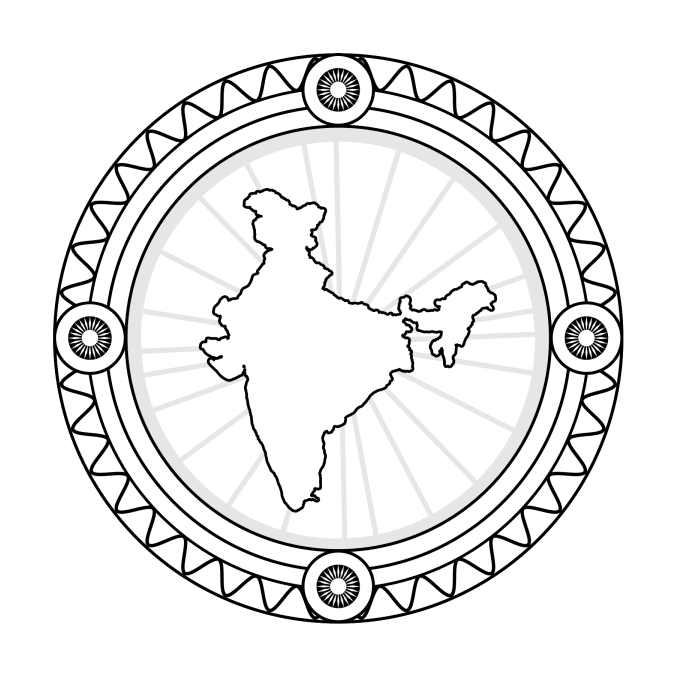
india
Skilling up for inclusive green jobs
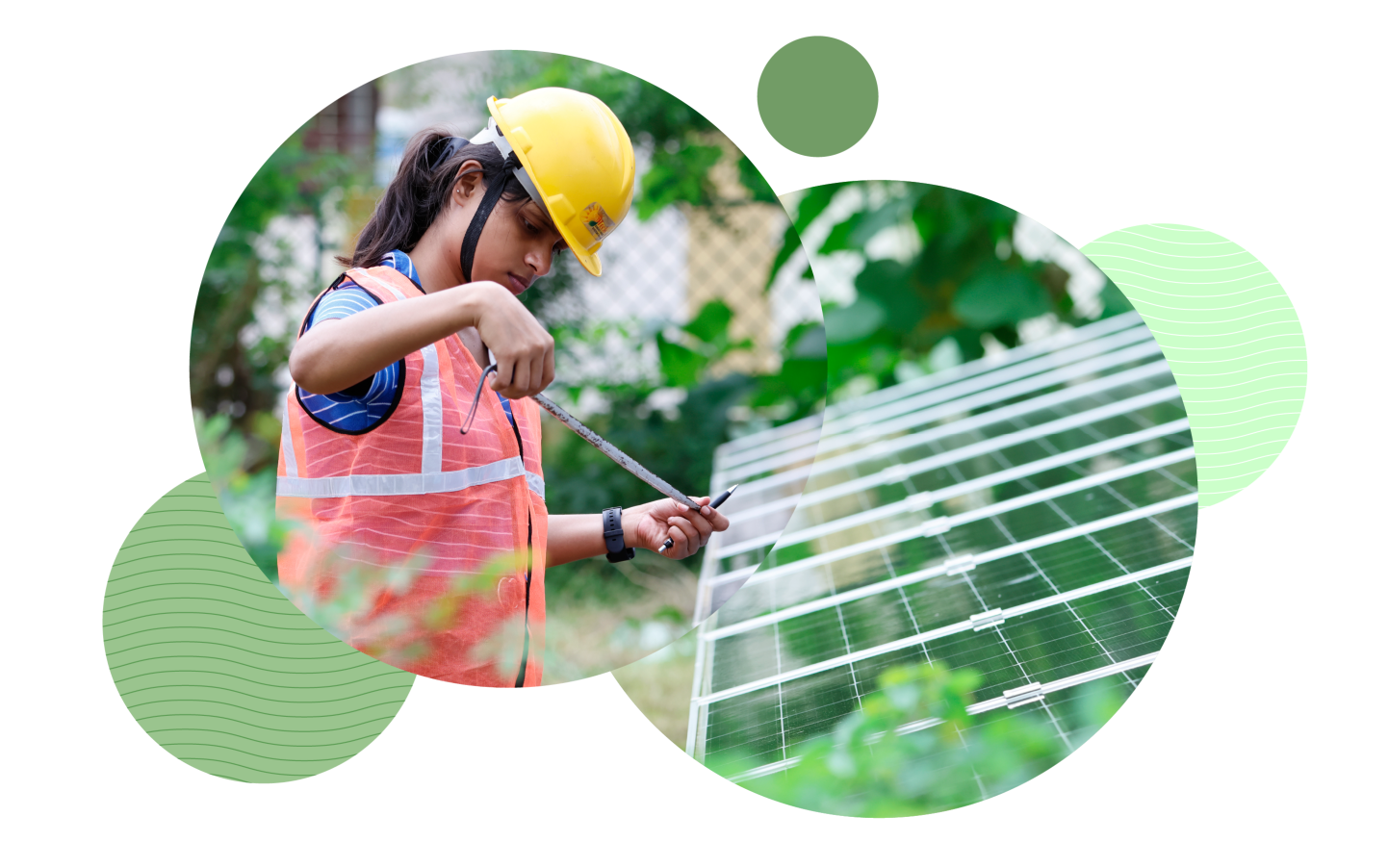
Climate change threatens to exacerbate poverty. Some of the most dire estimates indicate that by mid-century, 158 million more women and girls could be pushed into poverty – 16 million more than the number of men and boys. To help address the climate crisis, and to increase diverse employment opportunities for women, UNDP India has partnered with the Skill Council for Green Jobs.
Green skills can help youths build careers in sectors like sustainable manufacturing, renewable energy and nature-based livelihoods. Rolled out across five states, the programme has trained 1,000 young people on modules covering four emerging roles in the renewable energy sector, like electric vehicle charging infrastructure, solar photovoltaic (PV) and solar thermal industries.
To overcome the barriers that prevent women from accessing training and employment opportunities, the Skill Council offered an incentive of INR 2,500 (US$30) to each woman who participated in the training. After a 45-day programme, 23-year-old Tridha Tripathi, accepted a job as a solar PV installer at Saitech Energy Space Systems, a company that specializes in installing commercial and residential solar power plants in Madhya Pradesh.
“I was brought up to believe that science and engineering roles were suited for men… But in just a month and half of this training, I realized this was something I could do as easily.”Tridha Tripathi, Solar PV Installer
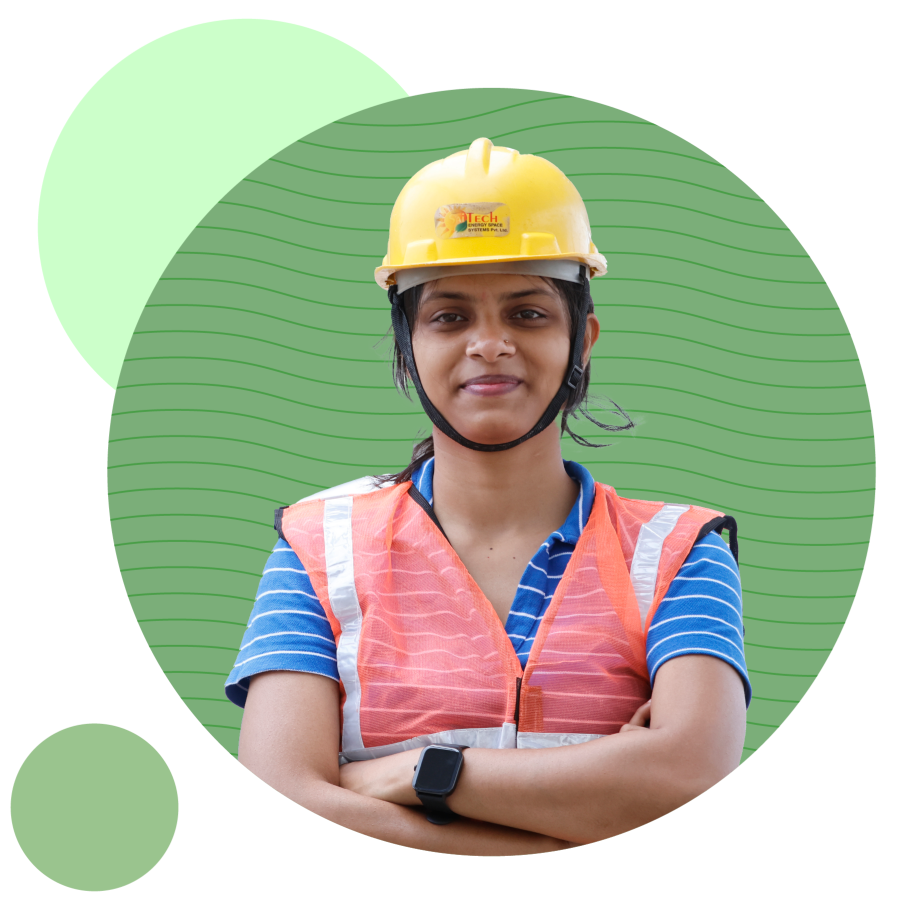
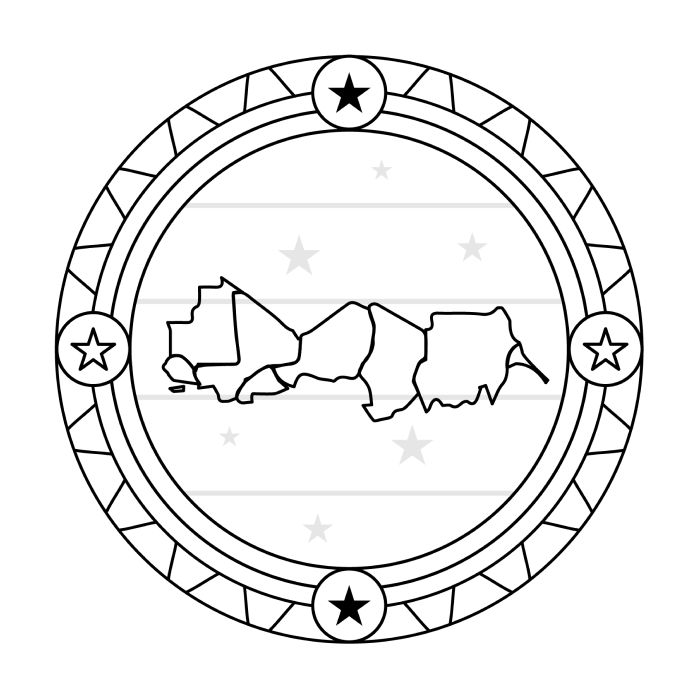
SAHEL
Boosting support to women’s networks and influence
Partnerships with civil society, including global advocates, grassroots women’s organizations and young feminists’ movements, are essential to ensuring women’s diverse voices influence economies that work for all.
More than 100 UNDP Country Offices have partnered with women's or feminist organizations, including those focused on increasing women’s political participation and gender equality in governance.
In Burkina Faso, Côte d’Ivoire, Mali and Niger, UNDP has worked with the West Africa Network for Peacebuilding and the Economic Community of West African States to support cross-generational coalitions of women community leaders who are emerging as powerful advocates for peace and gender-responsive governance. Tapping into existing women's networks, National Women Coalitions (NWC), each represented by 30 leaders, were formed across the four countries to advocate for meaningful participation of women in political processes at all levels.
As a result, more than 120 women from the NWCs acquired the skills needed to effectively engage with important figures such as government officials and local leaders and obtain commitments for women's participation in governance.
“I've worked alongside smart, older women fighters and I'm going to follow in their footsteps so that I can do what they do, if not more.”Marie Chitou, Niger
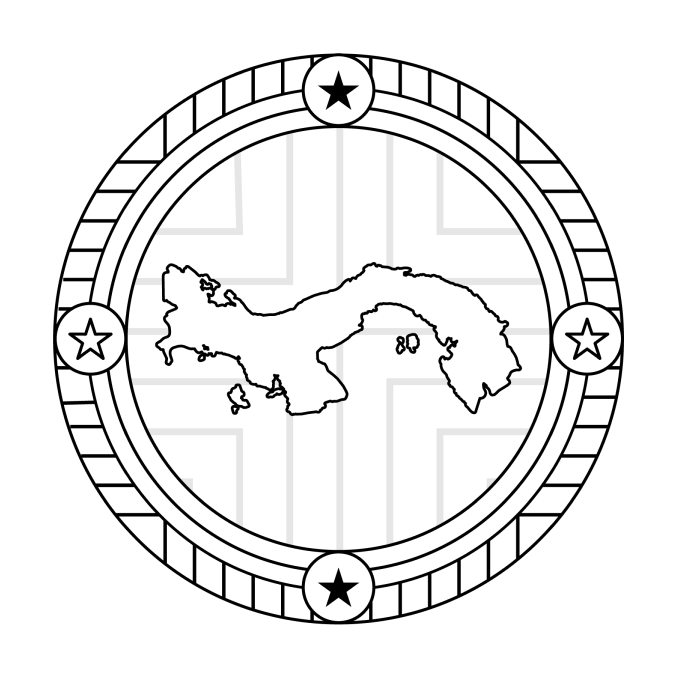
panama
Putting women in science forward
Science and technology are central to thriving economies, and yet women remain vastly underrepresented in these fields. Globally, women account for only 28 percent of engineering graduates and 40 percent of graduates in computer science and informatics. This not only holds back women but also means that countries aren’t accessing their full potential to solve some of the biggest problems we face.
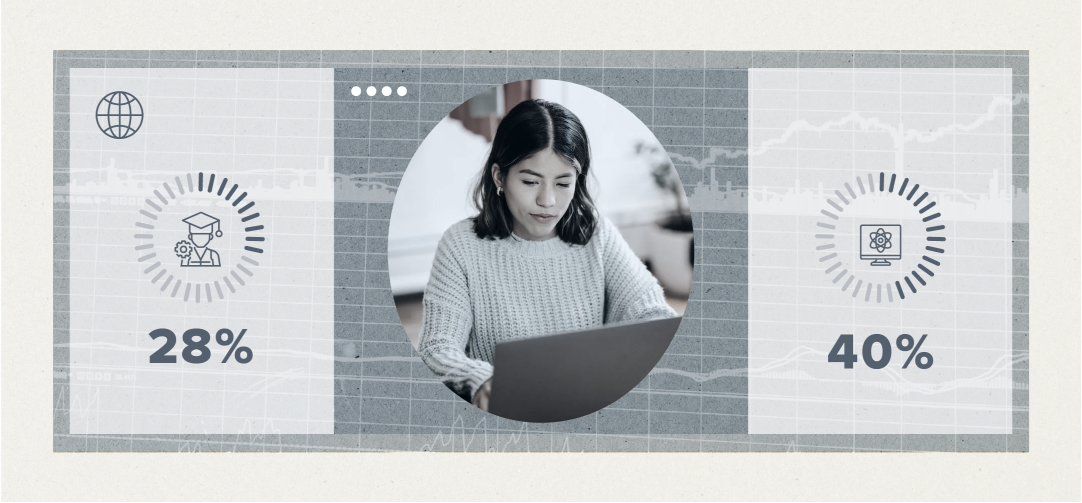
In Panama, the National Secretariat of Science, Technology, and Innovation (SENACYT) has spearheaded the creation of more than 15 dedicated programmes and projects tailored for women, with women constituting 73 percent of the programme participants. SENACYT was one of five state entities awarded the Gender Equality Seal for Public Institutions in February 2024.
"Gender equality is not only an ethical imperative but also an intelligent strategy to foster innovation, creativity, and overall institutional performance."Omar López Alfano, Technical Secretary, National Research System, Panama
Celebrate SENACYT and other gender equality champions
Join the UNDP Gender Equality Seal Awards ceremony on 21 March. The event is convened on the occasion of the 68th Session of the Commission on the Status of Women, with the theme of addressing poverty and strengthening institutions and financing for gender equality.

nigeria
Directing resources to women affected by conflict
In northeast Nigeria, women and girls from conflict-affected areas make up the bulk of the vulnerable internally displaced persons, with many of these women entirely responsible for the safety and financial stability of their families. This reflects a growing global trend, as the number of women and girls living in conflict-affected contexts has increased significantly. To ensure that women reclaim their lives and create a more prosperous future for themselves and their families, it is imperative that they access social and economic services.
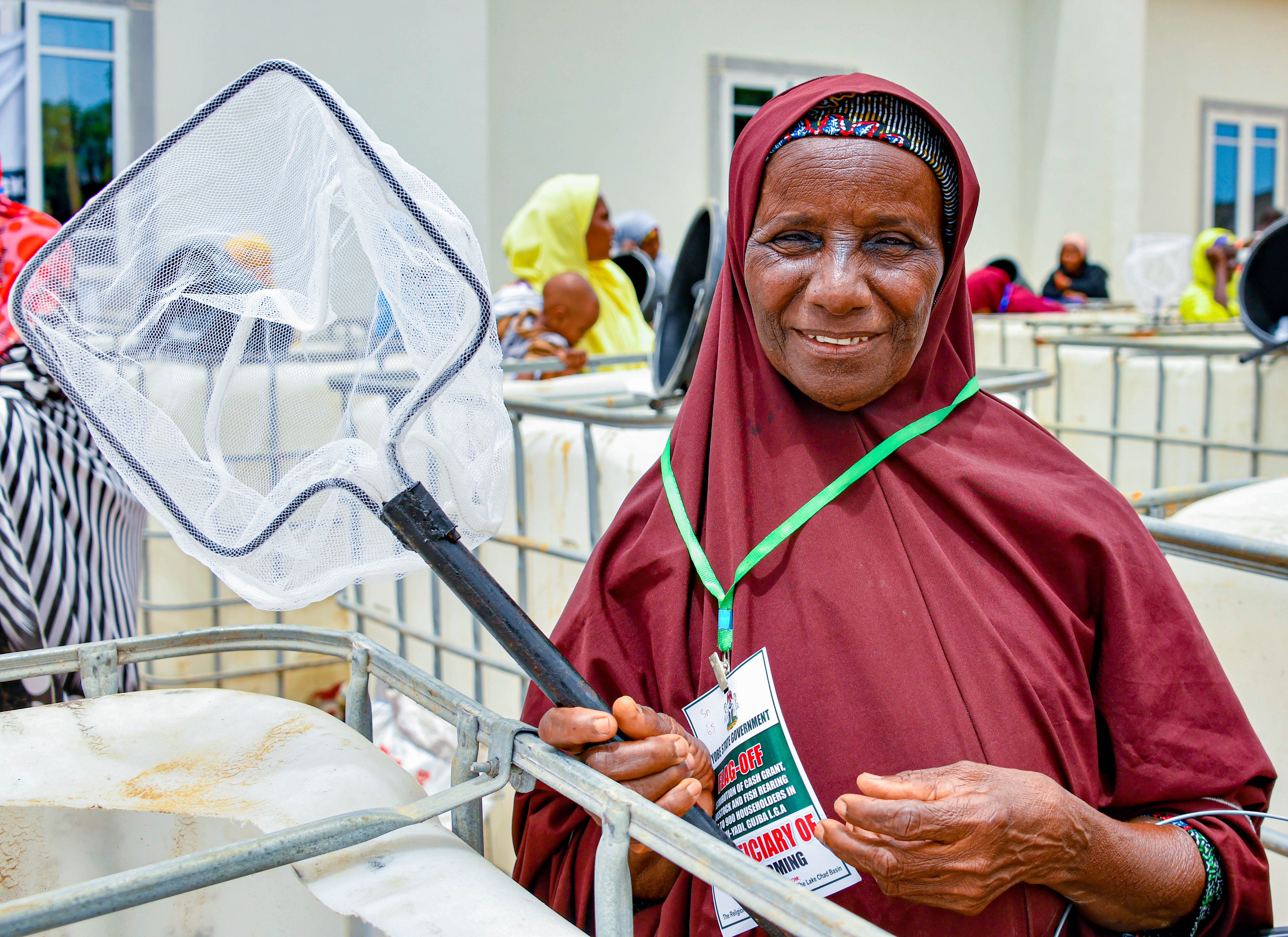
To strengthen the economic power and resilience of women in Buni Yadi, Yobe State, UNDP has partnered with Yobe State Government to provide female-headed households with a range of support to help them generate an income independently. From fishing equipment to livestock to cash grants, this support has helped women to establish small businesses, expand existing ventures and provide for their families.
Lydia Nehemia’s story underscores the importance of cash grant support. As a woman struggling to provide for her children, this support breathes new life into her business.
“If you are victim of crisis without any form of support as a woman, life becomes a hundred times harder. With this support, women like me can survive and dream of a better life and future for our children.”Lydia Nehemia, Nigeria

afghanistan
Sustaining support for more than 1 million
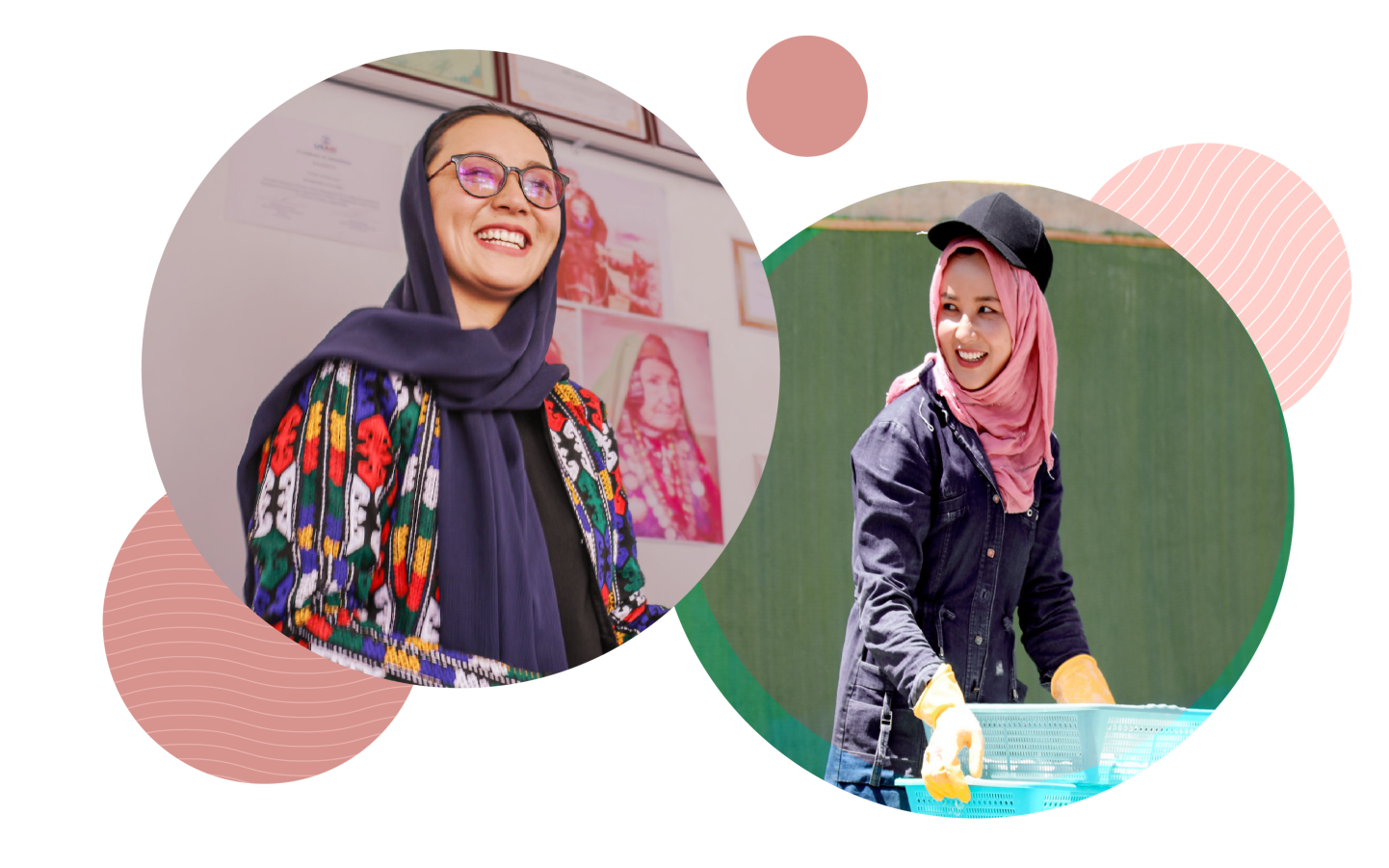
Over the last three years in Afghanistan, nearly 75,000 women-led micro and small businesses have accessed economic support in the form of grants and training, through UNDP’s strong networks with local women's groups and NGOs. Today, these women-run businesses employ around five to seven women each. And each of those women supports a family of 5 to 10 people. This represents over a million lives impacted.
Amina (not her real name) was in her last year of law school at Bamyan University, counting down the days to graduation. But with just 24 days left to count, all graduations were cancelled for Afghan women. After four years of study, Amina left university with nothing. With no way to become a lawyer, she turned to trading, but the collapse of the economy that followed the change in government threatened to derail her new business.
“Orders fell by more than 60 percent. I lost hope and thought about quitting. But through UNDP, I met all these other women and thought maybe there’s a chance we can recover.”Amina, Afghanistan
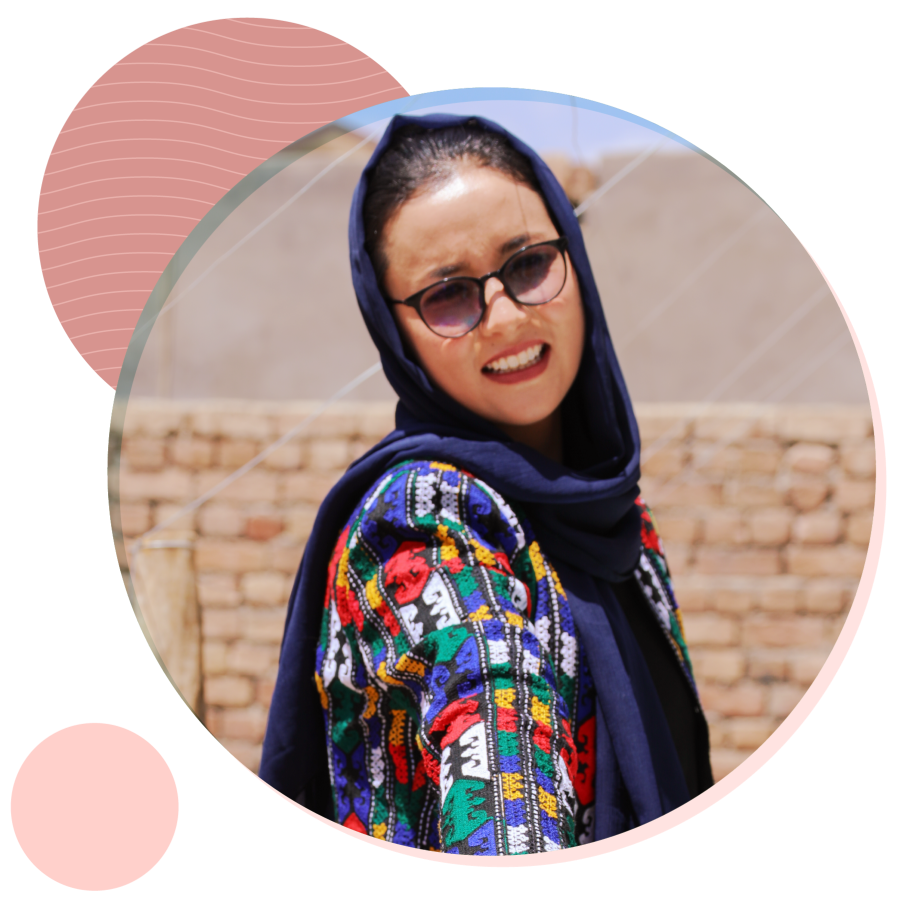
As well as connecting women entrepreneurs, UNDP supported them with business skills training and cash grants of over US$1,500. With this help, Amina was able to find new markets, hire staff and get products to new consumers.
“The programme gave me hope and taught me that the women in Afghanistan are not alone. There are other women and organizations that will stand with us.”
Invest in women – accelerate progress
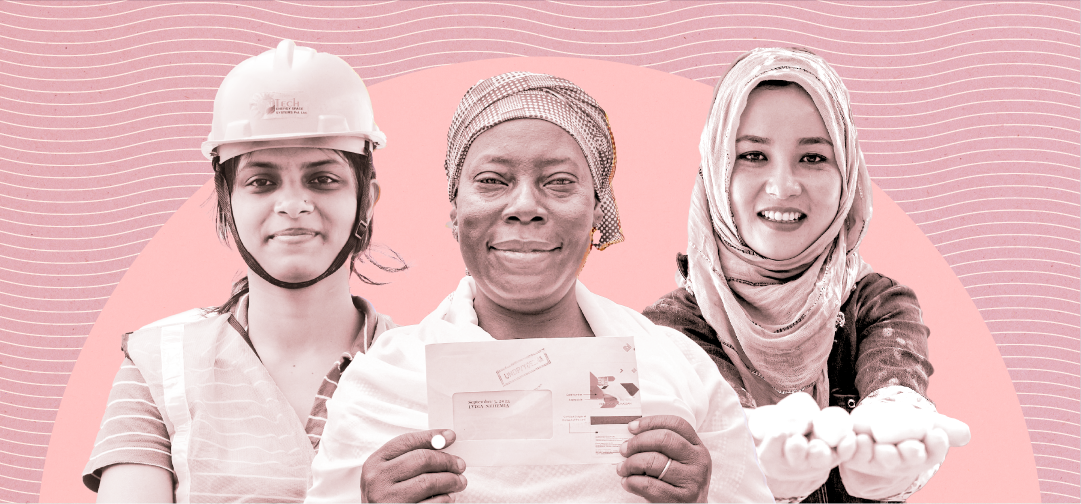
As the world climbs out of the economic turmoil caused by the COVID-19 pandemic and faces mounting pressures from other global crises, we have important choices to make: we can repeat and further entrench inequality, or we can put women’s economic empowerment and gender equality at the core of economies that work for all. Without the right measures in place, poverty will deepen – and women and girls on the outskirts will continue to bear the brunt.
Accelerating gender equality is one of the important contributions to human and sustainable development we can make. Helping countries reform policies and investments, strengthening institutions across sectors and tapping a diversity of partners is how we’ll get there.

 Locations
Locations